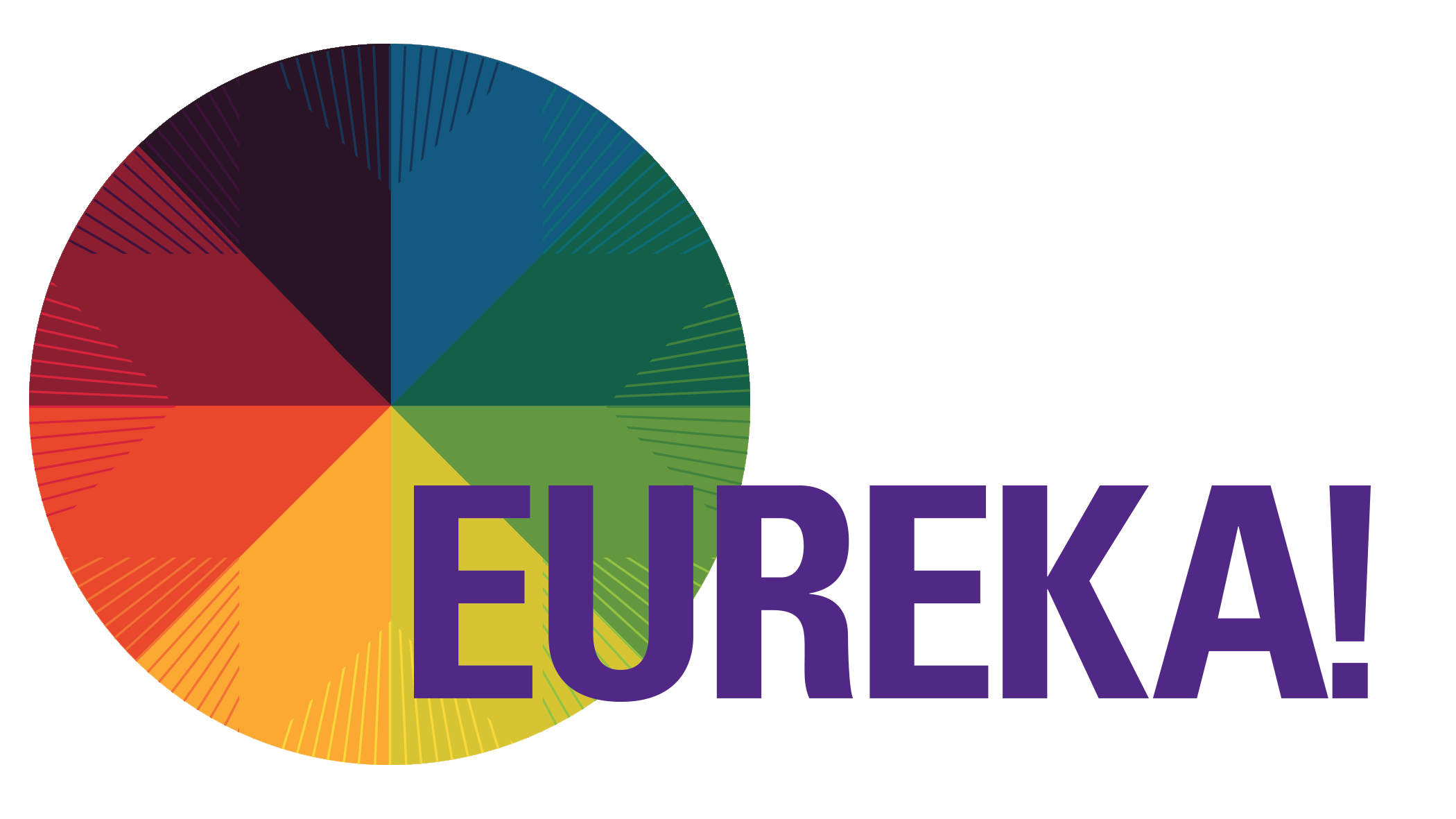ANDREW TANG - WHAT I LEARNED IN SILICON VALLEY
Immediately following his victory in the 2016 Sir Paul Callaghan Eureka Awards Scots College student Andrew Tang departed for the US to visit Silicon Valley on a Young Enterprise Scheme tour.
When he got back he wrote this article for us to describe his trip and how his Eureka experience had been relevant.
YOUNG ENTERPRISE SCHEME SILICON VALLEY TRIP
Recently, I was fortunate enough to be invited to attend an all-expenses paid business trip to Silicon Valley, nestled in the heart of the San Francisco Bay area. During this trip, myself and five other young entrepreneurs visited the global companies that are leading the way in technological innovation – Microsoft, Apple, Facebook and more! However, what surprised me most from this trip was that the recurring advice that the directors within these companies gave paralleled the skills instilled into students by the Eureka Awards programme despite having no affiliation…
Before I get down into the business end of things, I’d assume that most people would have some curiosity as to how this trip arose. This year, I participated in the Lion Foundation Young Enterprise Scheme where groups of students across the country run their own start-up companies and pick up a lot of new skills and connections along the way. These students are eligible to apply for the event ‘Enterprise in Action’ which takes place over two days in Auckland. After a series of challenges, a small group of about twenty students enter into a ‘Quick Fire’ round where they have to deliver an impromptu marketing pitch. Out of this round, six students are selected to form ‘Team New Zealand’, gaining the privilege to represent the country on an overseas business trip. Despite being business related, even the marketing pitch required the “capability to communicate clearly, succinctly and persuasively to a general audience” and “agility and thoughtfulness when responding to questions” – both skills that students develop through the Eureka programme.
On the first three days of our trip, we were based in Palo Alto and had an itinerary packed full of visits to the big multinational technology corporations – Microsoft, Facebook, Instagram, Apple, NASA and several others. The focus was on exploring how technology has the potential to enhance the wellbeing of everyday people and how business can play a part in incentivising the development of these technologies. We got to experiment with prototypes of virtual and augmented reality headsets, start-of-the-art film making technology and robots with the most advanced artificial intelligence to date. This was complemented by a trip to Stanford University where PhD students shared their research and ambitions to explore such technologies in the future.
The other two days were based in downtown San Francisco where we were inspired by start-up companies as opposed to well-developed multinational corporations. In addition to Ideo, Genentech and Uber, we also heard stories from Kiwi entrepreneurs in the offices of Xero, Kiwi Landing Pad and New Zealand Trade and Enterprise. These messages really resonated with us as students because it was living proof that New Zealanders are seen as highly creative and innovative as well as having strong interpersonal and communication skills, making us very welcome to the Silicon Valley tech scene. The three recurring themes that came through from each of these entrepreneurs were simple but invaluable, and bore uncanny resemblance to the aims of the Eureka programme:
1) Start with ‘why’, not ‘what’ or ‘how’ – Martin Luther King Jr didn’t say “I have an idea” but rather “I have a dream”
The Eureka programme is strongly focussed on developing a solution that addresses a problem, such as one of New Zealand’s eleven National Science Challenges. This was reflected in the broad range of practical ideas that I was awestruck by at the awards both this year and last year. None of the ideas were for entertainment, but each had the potential to create tangible impact on New Zealand.
2) Surround yourself with good people – the culture of an organisation is a strong determinant of its success
The Eureka programme isn’t just a one-off competition but a lifetime commitment to furthering the aims of the Trust through promoting STEM communication. The 90-strong alumni group ably lead by the Eureka Alumni Trust makes it exceptionally easy to be surrounded by ‘good people’ who are driven, intelligent and genuinely want to make a difference to our world. Personally, I have enjoyed meeting all the people who have gone through the Eureka programme and have been inspired by hearing their stories and the immense passion through which they are conveyed.
3) You can’t have science without business (generally speaking)
Even if you happen to have created the best piece of technology, it is unlikely to take off unless you have a sound business case. A carefully devised marketing strategy ensures that the technology reaches as many people as possible, a foolproof operations procedure helps supply meet demand while accurate financial records keeps the business sustainable in the long run. If you have a look at the judges scoring sheet, putting forward a business case constitutes a large proportion of the final mark so this key piece of advice is clearly already emphasised in the Eureka awards.
So while the trip was an amazing way to get in touch with the cutting edge of modern technology and experience the best of Silicon Valley, it really opened my eyes up to the value of participating in the Eureka programme. The skills that you accrue by participating really do align with those sought after in the real world, making me understand that our efforts as an alumni group in promoting Eureka are going towards a truly worthwhile cause.
